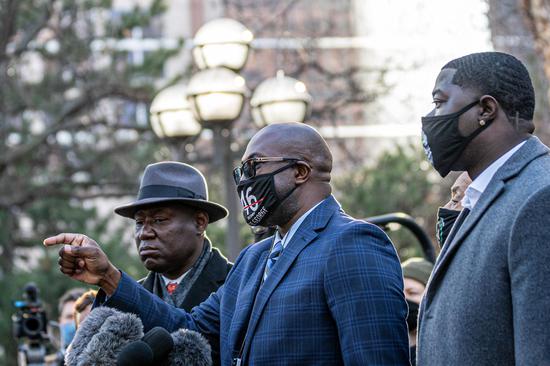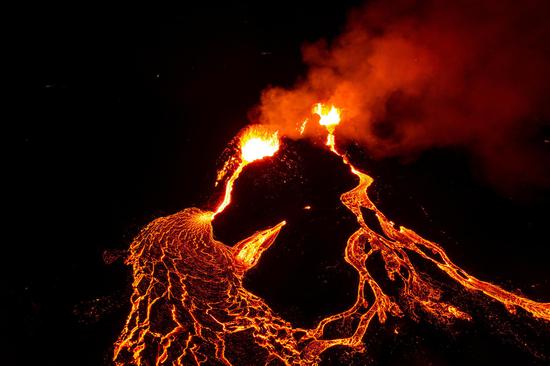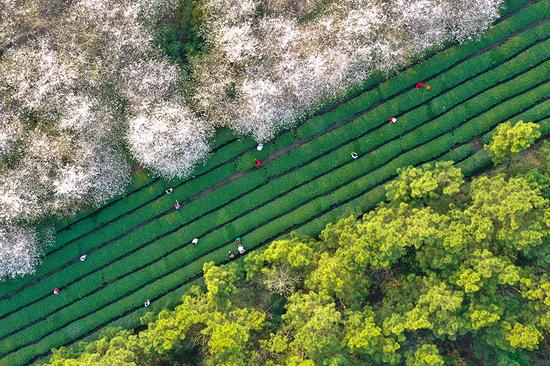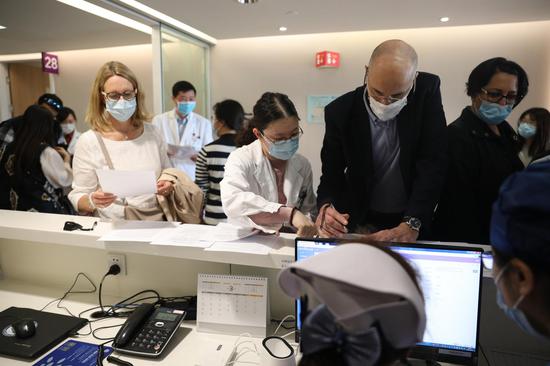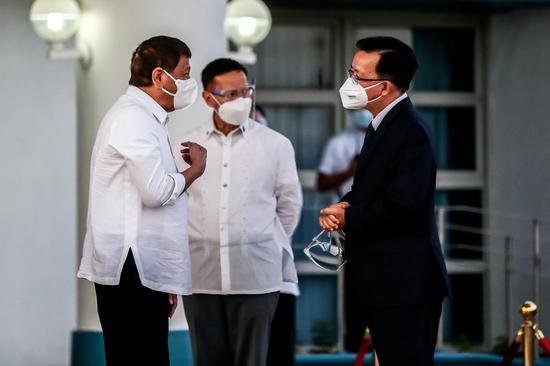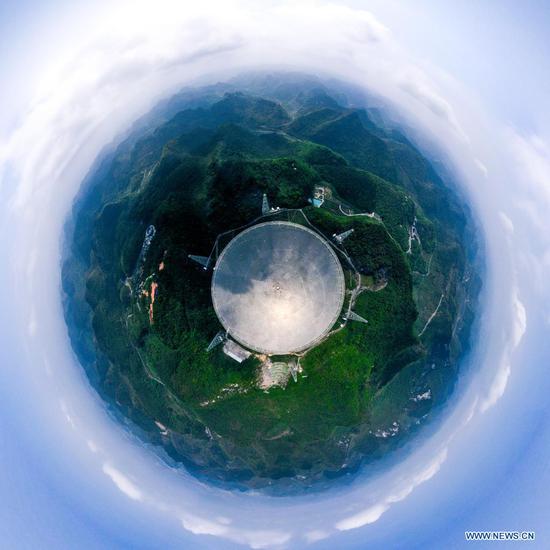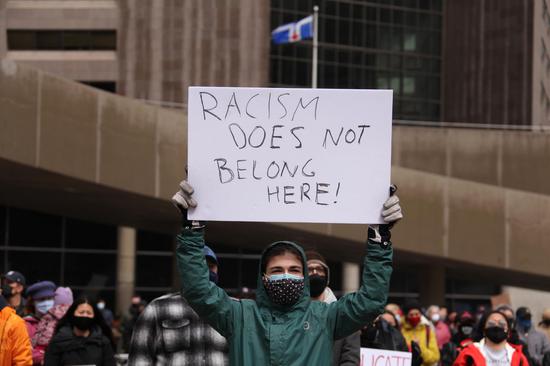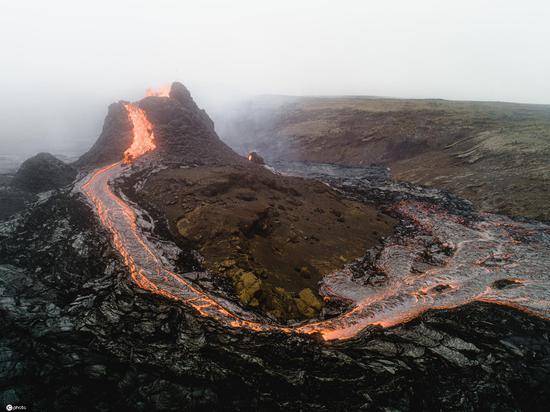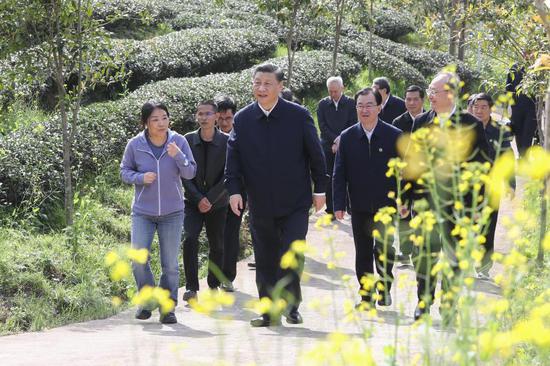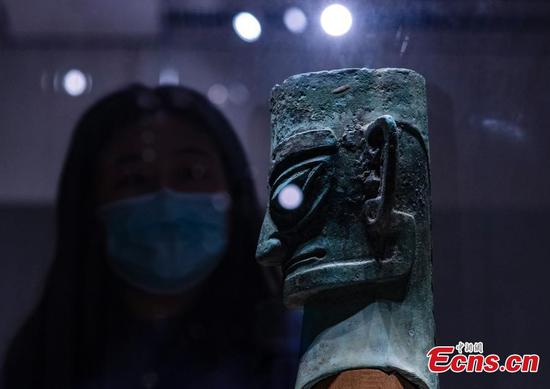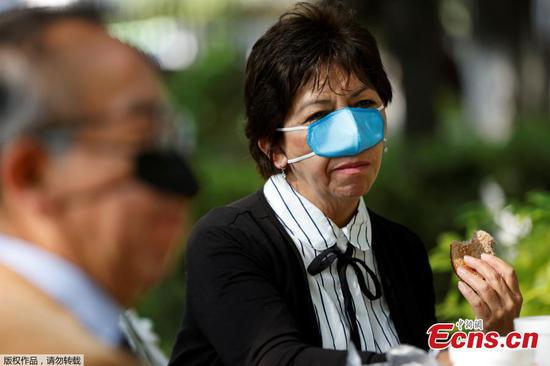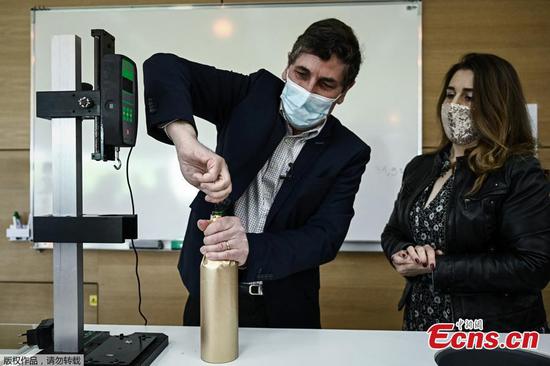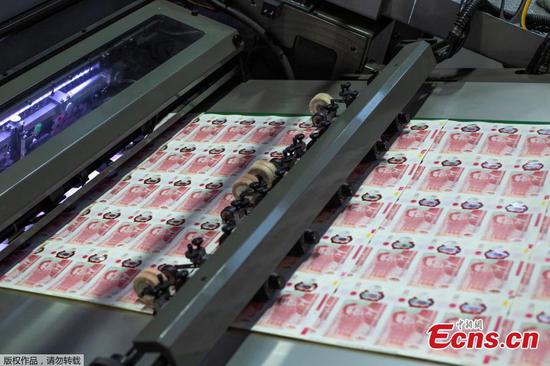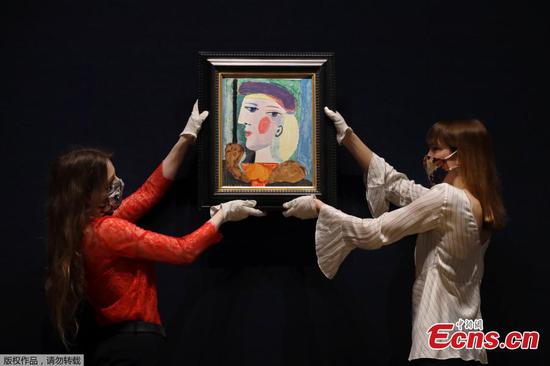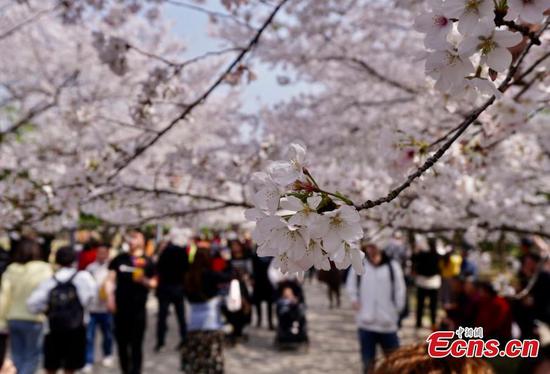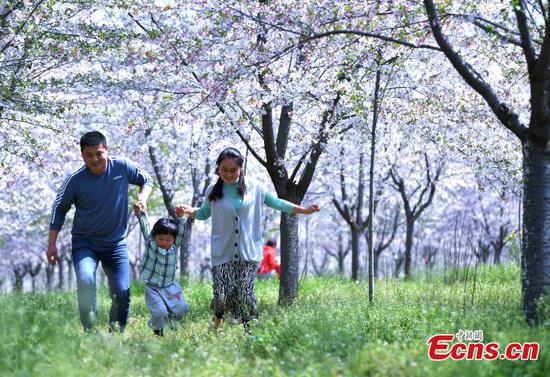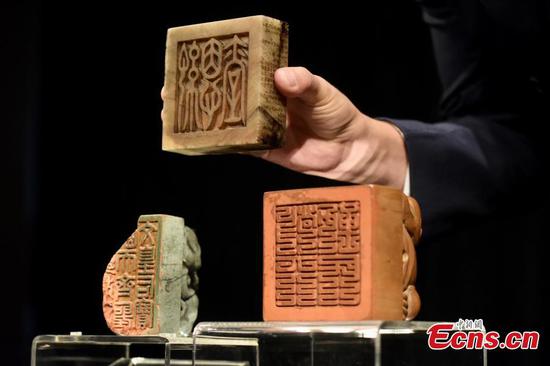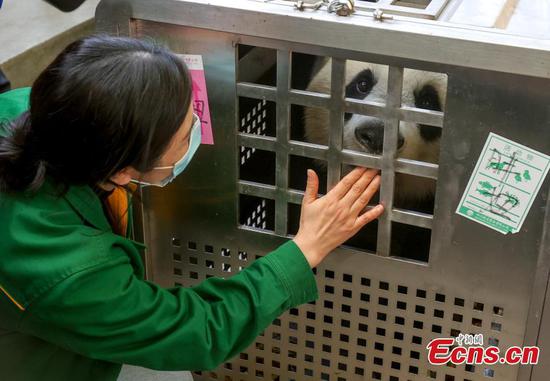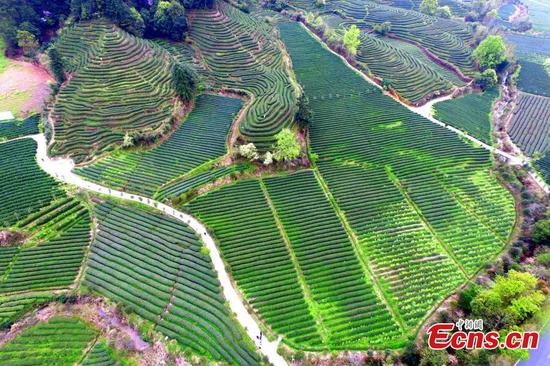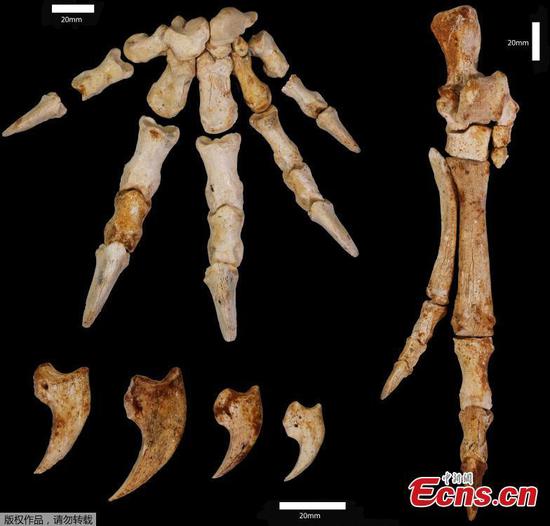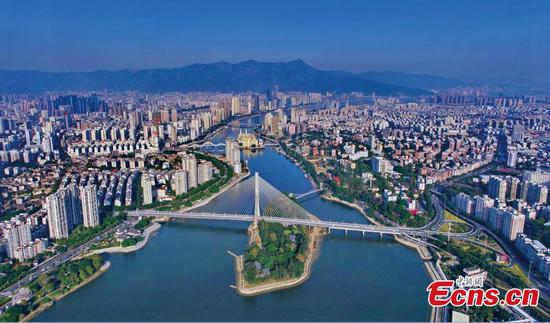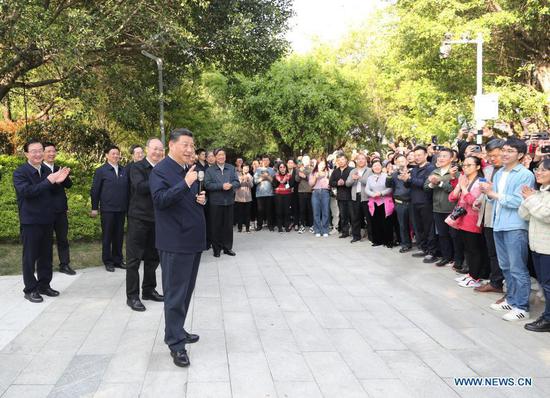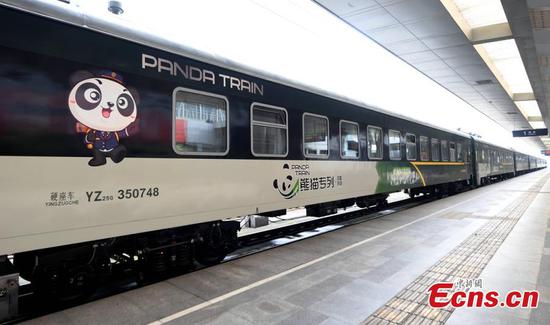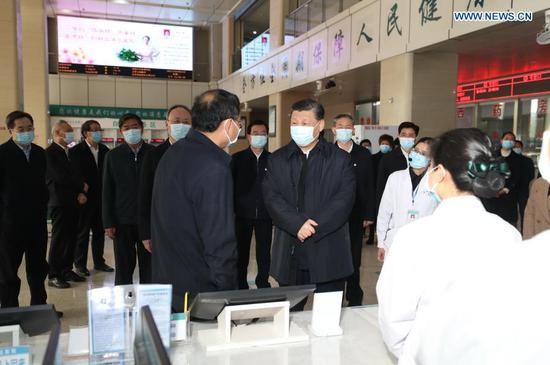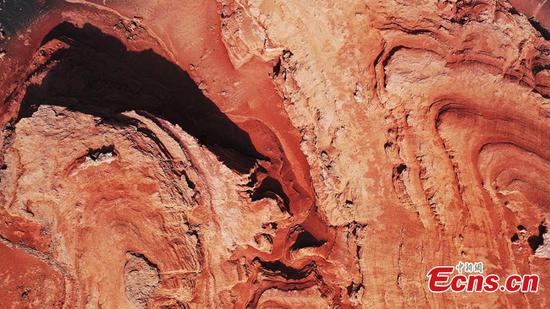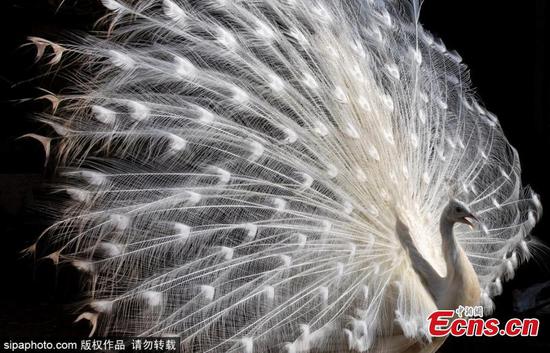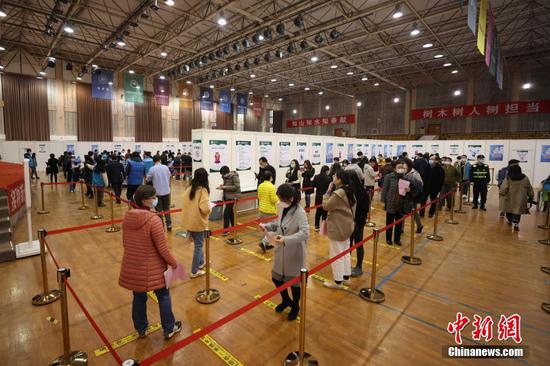It will better ensure extensive and balanced political participation of Hong Kong residents and serve the interests of all social strata, all sectors and all parties of Hong Kong society, it added.
Deng Zhonghua, deputy director of the Hong Kong and Macao Affairs Office of the State Council, said the ratio of the Legislative Council members was decided after consulting with various sectors of Hong Kong society.
The design is based on considerations that the Election Committee-elected members represent the interests of the entire Hong Kong society, whereas other members mainly represent the interests of sectors and local constituencies, Deng said. Therefore, the design enables the Legislative Council to better represent Hong Kong as a whole, he added.
Deng also said that the removal of the district council seats was made because their practice in recent years has seriously deviated from the duty stipulated by the Basic Law, which is to be consulted by the SAR government on district administration and other affairs, and the district councils are not organs of political power.
Such deviation was caused by a large proportion of these councilors occupying seats of the Election Committee and the Legislative Council, changing the nature and positioning of the district councils and exerting excessive influence on the overall politics. They have even become important platforms for some people to engage in anti-China activities, and therefore their political functions must be weakened, he added.
As for the vetting committee, Deng said it is to ensure that candidates meet general eligibility requirements, such as age, nationality and criminal record, as well as the statutory requirements of paying allegiance to Basic Law and the SAR so as to fully implement the principle of "patriots administering Hong Kong".
He stressed that the purpose is to exclude anti-China disrupters from continuing to sit openly in the Legislative Council chamber and engage in rebellious activities against the country, but it doesn't mean that the opposition camp or dissent will be crushed.
As long as those who want to participate in the election meet the criteria of patriots, get enough nominations and are approved by the vetting committee, they can be candidates or eventually elected, Deng said, adding that Hong Kong will continue to have a diversified and tolerant political culture.
In a statement released on Tuesday, the Hong Kong and Macao Affairs Office of the State Council announced its firm support for the changes, saying they mend the loopholes and deficiencies of the current electoral system.
Administration by patriots
It is a fundamental political principle, naturally and universally recognized, that political power should be held by patriots. Only in this way can the fundamental "one country, two systems" purpose be implemented and the political risks staged by external forces and their political agents be eliminated, the statement said.
This is also the only way that can help Hong Kong shake off endless political strife and growing radical forces and focus on economic development, so as to genuinely promote the well-being of the general public, it said.
Hong Kong is now embarking on a new phase of development, the statement said. People will see the rights and freedoms enjoyed by Hong Kong people better protected, the city's status as an international financial, trade and shipping center more firmly established, and the various deep-rooted conflicts and problems that have long plagued Hong Kong more effectively resolved.
Zhang Yong, deputy head of the Legislative Affairs Commission of the NPC Standing Committee, said the amendments have far-reaching significance.
They ensure that patriotic forces steadily and overwhelmingly prevail in the Election Committee and the Legislative Council and anti-China disrupters have no access to the organs of power under any circumstances, Zhang said.
They also help enhance local governance efficacy by resolving the long-standing confrontation between the Legislative Council and executive authorities, disputes within the Legislative Council and stagnated democratic development, laying the foundation for the ultimate goal of universal suffrage, he added.
Xinhua contributed to this story.









